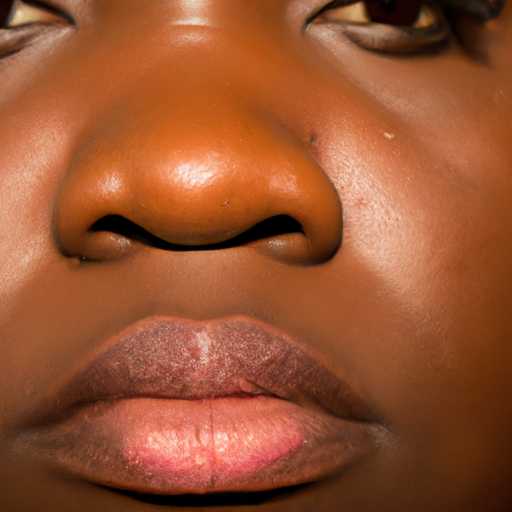As a dermatologist, I often encounter patients who are plagued by dry skin. Dry skin is not just a cosmetic concern; it can also cause discomfort, itchiness, and even lead to more serious skin conditions if left untreated. It’s important to understand that dry skin is often a result of environmental factors, aging, or underlying health issues. However, with the right care and attention, you can manage your dry skin effectively. Here are six essential tips to help you banish the itch and calm your dry skin woes.
1. Hydrate: The first step in combating dry skin is ensuring you’re adequately hydrated. Drinking plenty of water throughout the day helps maintain your skin’s moisture balance from the inside out. Also, include foods rich in omega-3 fatty acids like fish, walnuts, and flaxseeds in your diet. These nutrients help to strengthen the skin’s barrier function, keeping moisture in and irritants out.
2. Moisturize: Apply a moisturizer immediately after bathing or washing your hands. This helps to lock in the moisture that your skin has just absorbed. Opt for creams and ointments over lotions as they are more effective at trapping moisture. Look for products containing ingredients like hyaluronic acid and ceramides that help to restore and maintain the skin’s natural barrier.
3. Avoid Hot Showers: Hot water strips the skin of its natural oils leading to dryness. Instead, opt for warm showers and limit them to 10 minutes or less. Use gentle, fragrance-free cleansers instead of harsh soaps which can further dry out your skin.
4. Use a Humidifier: Indoor heating systems can dry out the air in your home, exacerbating dry skin problems. Using a humidifier can help add moisture back into the air and prevent your skin from drying out.
5. Protect Your Skin: Exposure to harsh weather conditions like wind, cold, and sun can worsen dry skin. Always protect your skin by wearing sunscreen, using lip balm, and wearing gloves in cold weather.
6. Consult a Dermatologist: If your dry skin persists despite your best efforts, it may be time to consult a dermatologist. Persistent dry skin can sometimes be a sign of an underlying medical condition like eczema or psoriasis. A dermatologist can help diagnose any underlying issues and provide a tailored treatment plan.
Remember, everyone’s skin is unique and what works for one person may not work for another. It’s important to understand your skin type and its specific needs. With a little patience and consistency, these tips can help you manage your dry skin effectively, providing relief from the discomfort and itchiness associated with this common condition.
In conclusion, while dry skin can be a nuisance, it’s not something you have to live with. By implementing these six tips into your daily routine, you can help to calm your dry skin woes and enjoy healthier, more comfortable skin.



